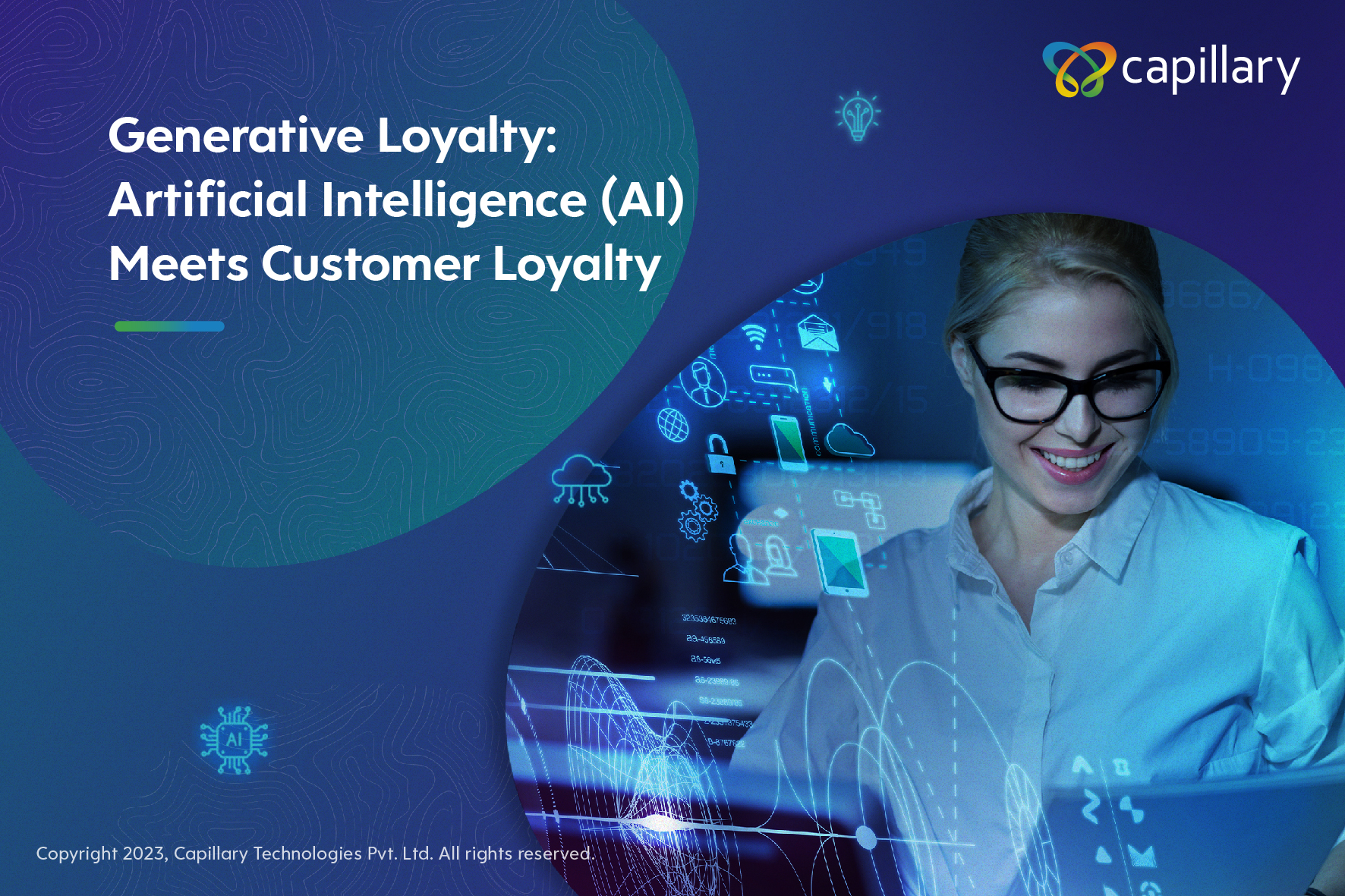- Design industry shaping loyalty programs
- Integrate easily and go live quicker
- Deliver hyper-personalized consumer experiences
Blue Rewards from Al Futtaim Group Shares Loyalty Success Stories and Evolution. Watch Podcast >
Capillary Announces 2nd Annual Captivate 2025 Summit: Transforming Loyalty Management with New AI Tech Read more >

In today’s world, a customer is accosted by brands at every step he takes. Every direction he turns in, he either sees brands or a product that’s screaming for his attention. This has led to a hyper-competitive market across every industry – be it food delivery, fin-tech, e-commerce, or retail. Customer engagement is what makes or breaks a business in such a fast-paced, heavily commodified market.
This was not always the case. When brands were emerging in each of their sectors, the rate of competition was relatively low as reigning brands had a monopoly over the markets they chose to make their presence felt at. The range of products (and product innovations) that were available to consumers was also fairly narrow, so the businesses often took on a ‘take it or leave it’ attitude.
In short, we are witnessing the rapid shift from ‘brand-centric’ business philosophy to that of a ‘customer-centric’ one.
In today’s world, a brand that does not engage with customers or a brand that doesn’t cater to all of the customers’ needs are instantly dismissed and forgotten forever.
A study by Hall & Partners suggests that two-thirds of a brand’s profit may be dependent on consumer engagement. To put that into perspective – take e-commerce giant Amazon. In April, Amazon reported revenue of $59.7 billion dollars. That would mean 2/3rd of that amount is roughly $8.95 billion dollars. Amazon is a classic example of superior customer engagement strategies can fend off intense competition to build long-lasting customer loyalty, even in markets where they faced off against well-entrenched competitors.
Furthermore, research from Gallup has revealed that a fully-engaged customer represents 23% more revenue than an average customer. These are numbers a business cannot afford to ignore. It goes to show that if your company doesn’t have a solid customer engagement strategy, you could be missing out on opportunities to convert an occasional/visiting customer into a loyal, returning customer, hence effectively building a relationship with them in the long run. Building customer engagement is also a great way of building the customer’s trust in the brand. Trust and loyalty are intangible, yet invaluable assets for a brand to possess.
The Third Edition of the State of Sales report has some interesting insights on what a customer expects from businesses in the future
A CISCO report titled “Customer Experience in 2020” reveals that 70% of purchasing decisions that customers take, will be based on their consumer experience. Another Freshworks customer engagement report states that, in comparison with the last two years, in 2019, 47% of consumers worldwide have higher customer service expectations from their favourite brands.
A part of the reason for this is because in the future, thanks to easy access to information, potential customers will be more aware than ever. This awareness will also help them pick and choose between the brands that best live up to their expectations. In fact, the same Freshworks report points out that in the last 12 months, more than 56% of customers globally, switched brands after just one bad customer service experience.
Due to these factors, the big future trend in customer engagement will be omnichannel communications. For brands, being an omnichannel business is no longer an option – in the future, it is compulsory in order to be able to match up to and exceed customer expectations.
If you have any questions or queries, don’t forget to drop a comment, and we’ll get back to you.

December 13, 2024 | 6 Min Read
As consumer expectations evolve, leveraging AI in fashion be

December 5, 2024 | 4 Min Read
Generative Loyalty is a groundbreaking approach to customer

August 20, 2019 | 4 Min Read
In today’s world, a customer is accosted by brands at ever